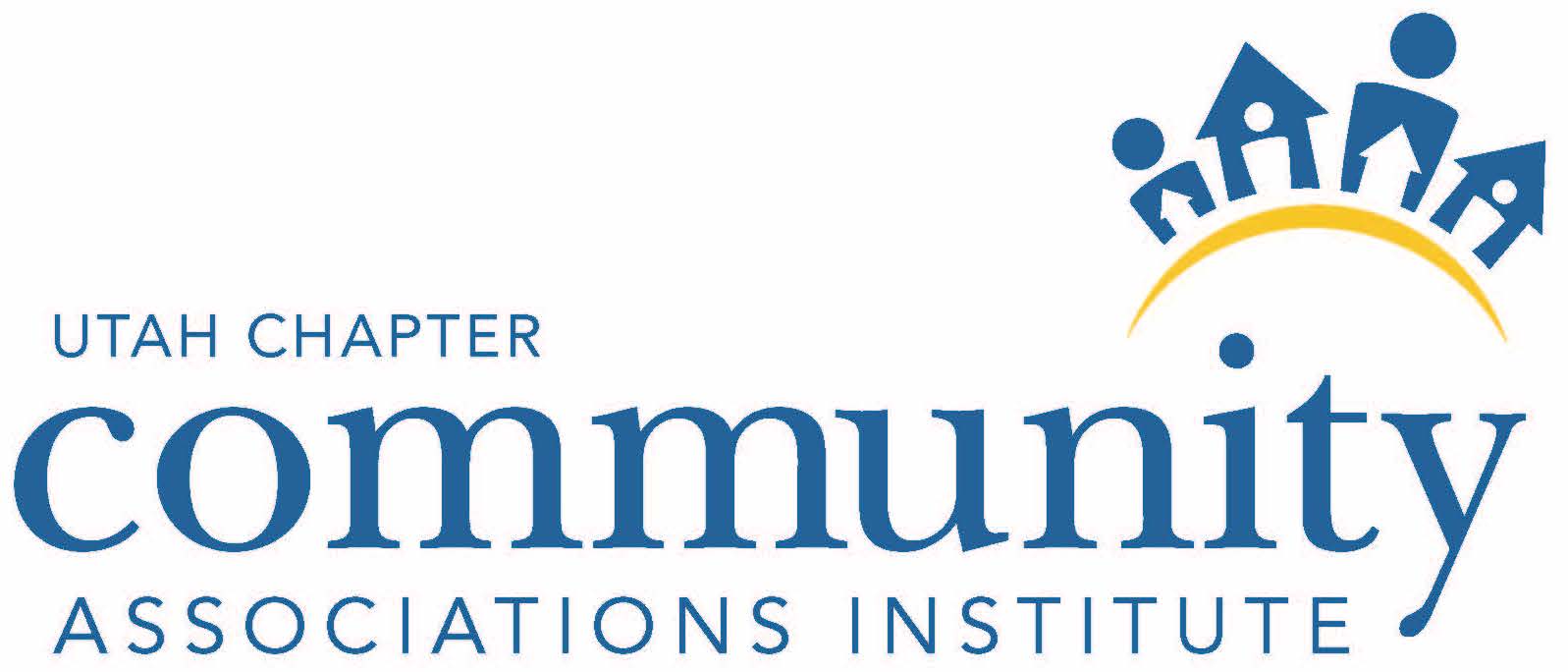UPDATE - Corporate Transparency Act
By: Quinn A. Sperry
Attorney at Jenkins Bagley Sperry, PLLC
There has been a lot of buzz this year about the Corporate Transparency Act (CTA). This article provides a brief overview of the CTA, the need for community associations to comply with CTA’s reporting requirements, and Community Associations Institute’s efforts to obtain an exemption for community associations.
The CTA is a federal law enacted in 2021 and went into effect on January 1, 2024. Its primary purpose is to combat illegal activities such as money laundering, tax fraud, terrorist financing, and other illicit operations by making it harder for individuals to hide behind anonymous business entities.
Purpose of the Corporate Transparency Act
The CTA aims to increase transparency in business ownership by requiring certain companies to report information about their beneficial owners (the “beneficial owner information” or “BOI”). A beneficial owner is someone who either directly or indirectly owns or controls at least 25% of the company or exercises significant control over its operations. This information for beneficial owners is then stored in a secure database maintained by the U.S. Department of the Treasury's Financial Crimes Enforcement Network (FinCEN).
Who Needs to Comply with CTA’s Reporting Requirements?
The CTA applies to most corporations, limited liability companies (LLCs), and other similar entities that are registered to do business in the United States. Homeowners associations, community associations, condominium associations, and housing cooperatives (collectively, “HOAs”) must comply with CTA’s reporting requirements. The CTA does exemption some entities, such as publicly traded companies, certain financial institutions, and large operating companies with more than 20 employees and over $5 million in annual revenue; however, almost all HOAs will not qualify for such an exemption.
An HOA which existed prior to January 1, 2024, must comply with CTA’s reporting requirements by January 1, 2025. Any HOA created or registered after January 1, 2024, must comply with the CTA reporting requirements within 90 days of the HOA’s creation. If there is any change in a beneficial owner of the HOA, then the BOI must be updated within 30 days of such change.
Steps to Comply with the CTA
1. Identify Beneficial Owners: Determine who qualifies as a beneficial owner under the CTA. This includes individuals who own at least 25% of the company or have significant control over its operations. Members of an HOA’s board of directors or management committee are considered beneficial owners.
2. Gather Required Information: Collect the necessary information about each beneficial owner, including their full name, date of birth, address, and identification number (e.g., driver's license, passport). A beneficial owner may also provide this information to FinCEN and obtain a FinCEN identification number to use for reporting requirements.
3. File a Beneficial Ownership Information (BOI) Report: Submit the BOI report to FinCEN. This report must include details about the company itself and its beneficial owners. You may submit this information on FinCen’s website: https://www.fincen.gov/boihttps://www.fincen.gov/boi.
4. Update Information as Needed: If there are any changes in the company's ownership or other relevant information, update the BOI report accordingly.
Penalties for Noncompliance
Failure to comply with the CTA can result in civil penalties of up to $500 per day up to $10,000. The could also be criminal penalties of up to two years in prison. It's crucial for businesses to ensure they meet the reporting requirements to avoid these penalties.
Community Associations Institute's Efforts
The Community Associations Institute (CAI) is actively working to create an exception to the CTA for HOAs. CAI believes that HOAs. These organizations are typically nonprofit, volunteer-driven entities that do not pose the same risks as the entities the CTA aims to regulate.
In September, CAI filed a lawsuit against the U.S. Department of the Treasury challenging the application of the CTA to HOAs. They argue that CTA's reporting requirements are burdensome and unnecessary for HOAs, which are already subject to other regulations and oversight. CAI requested a preliminary injunction to exempt HOAs from the CTA’s reporting requirements during the pendency of the lawsuit, but the Court denied this motion.
CAI is also advocating for legislative changes to exempt HOAs from the CTA and is urging members of Congress to support their efforts.
Conclusion
The CTA is a significant step towards preventing illegal activities by increasing transparency in business ownership. By requiring companies to report information about their beneficial owners, the CTA helps law enforcement agencies detect and prevent illicit activities, ultimately protecting the integrity of the U.S. financial system. CAI's on-going efforts to create an exemption for HOAs highlight the debate about the scope and impact of the CTA on different types of organizations. However, as of now, HOAs must comply with the CTA’s reporting requirements.


